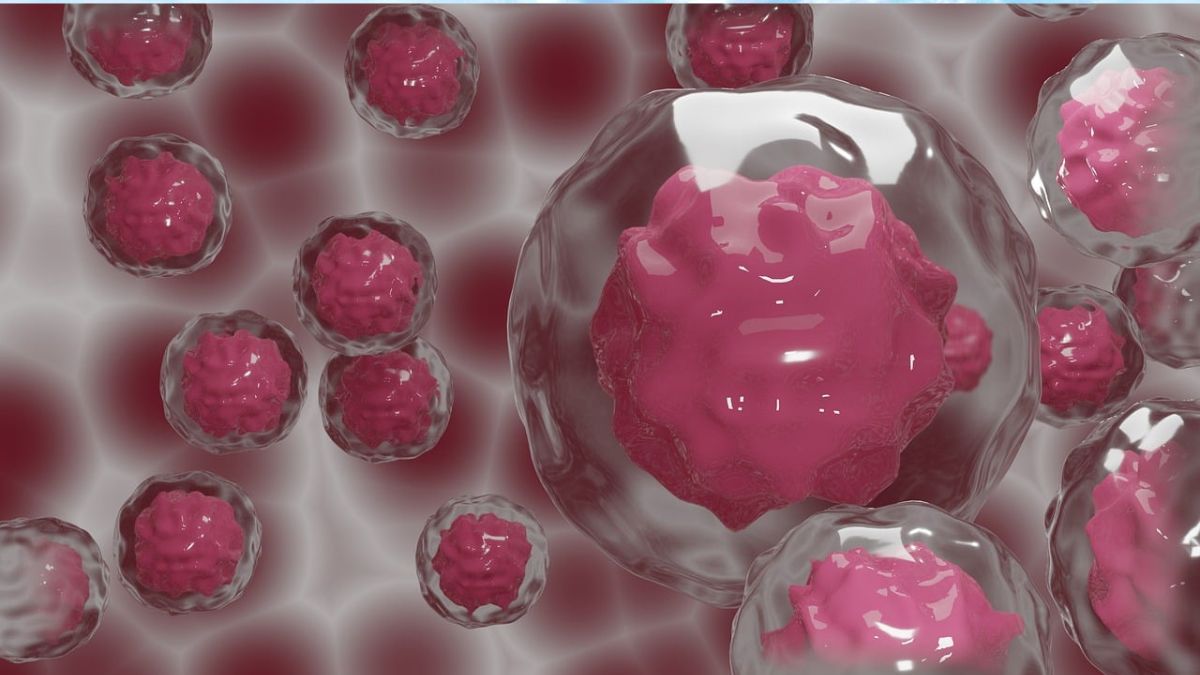By Dr Nitin Agarwal Multiple Myeloma is a type of blood cancer that develops in plasma cells — white blood cells responsible for producing antibodies to fight infections. This disease affects the bone marrow, weakening the immune system and causing complications such as bone pain, anaemia, and kidney dysfunction. In India, myeloma represents around 1.
8% of all cancers, with thousands diagnosed each year. Although myeloma is treatable, it is generally not curable, and advanced therapies like blood stem cell transplantation can provide patients with extended survival and improved quality of life. In healthy individuals, plasma cells live in the bone marrow, working in harmony with red and white blood cells and platelets to support bodily functions.
In multiple myeloma, however, these plasma cells become cancerous, multiply uncontrollably, and crowd out healthy cells. This imbalance not only hampers the body’s ability to fight infections but also leads to the deterioration of bones and other organs. While initial treatments for myeloma often include medications such as chemotherapy, immunotherapy, and targeted drugs, many patients can benefit from a blood stem cell transplant.
A blood stem cell transplant replaces the damaged or diseased marrow with healthy stem cells, giving the body a chance to rebuild its blood cell production and regain immune function. ALSO READ | Air Pollution — How To Counter Lung Cancer Risk When The Air Gets Too Toxic To Breathe The Procedure The .


















